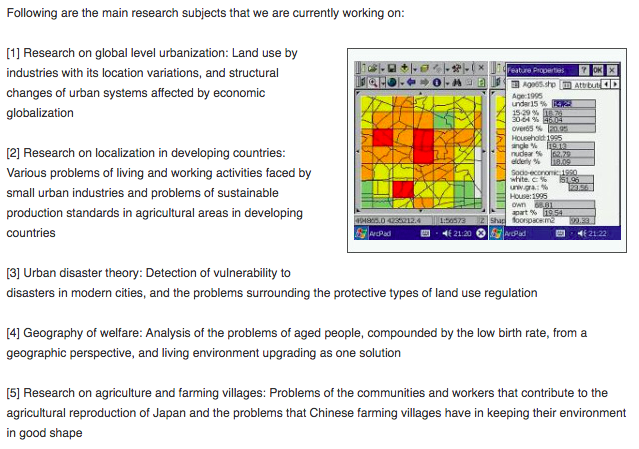Mental Health Literacy
Comparing education systems in both UK and Japan isn't
merely through the lens of teaching and content. Education is a holistic
experience which includes access to clubs, resources and support
structures.
Recently I returned to England because my grandmother
passed away. At Waseda, we are allowed one week off for family bereavement which
can be slightly extended for international visits. I took 10 days off in total
to fly home, help organise proceedings, return and recover. I informed my
department’s office of my circumstance and was told to inform my teachers
individually. Upon returning to Japan, I again spoke with my department and was
told I needed to come to the office to fill in paper work, that I would need to
copy and bring to each of my professors to begin a process of making up course
content, subject to each individual professor’s discretion.
The system at Waseda appeared unsympathetic, burdening
the individual suffering with relaying painful information and organizing how
to make up for classes and deadlines missed. I wanted to compare this directly
to the approach at UCL. At times when I have been under duress, I have been
able to send the information about my problems to a body which assesses and
decides upon extensions and extenuating circumstances. At Waseda, I began to
realise that there are few support networks in place. In our orientation, we
were provided with forms regarding the practical implications of living in
Japan, on course registration and joining extra-curricular clubs. However, I do
not know the structural hierarchy of my department in case of an emergency, I
do not have a personal tutor, nor do I know whom I should reach out to beyond
the office departments generic e-mail for support. At UCL the support
structures are clearly laid out. We are supported by our tutors, heads of
departments and beyond if required.
Mental health and common mental disorders are shaped
to a great extent by the social, economic, and physical environments in which
people live (WHO, 2014). With such differences between England and Japan,
I began to consider the mental health literacy at Waseda and in wider Japanese
society. Talking with friends and researching into the issue, Japan has a
significant problem with stigma surrounding mental health issues
(Griffiths et al., 2006). As a result, it constrains the use
of available resources, discouraging those in need (Saxena et al., 2007). As an
international exchange student, ‘the
demands for cultural adjustments frequently place international students at
greater risk for various psychological problems’ (Mori, 2000). Yet, in education, we are more privileged in being
able to receive support through education funding and more empowered to receive
such assistance through greater awareness of mental wellbeing.
Beyond the academic setting, Japan is also known to
have a high suicide rate, yet only in 2006 was a law passed pledging to address
such rates (Harding, 2016). Additionally, the continued stress and conflict
between work and family roles continue to be a source of mental health issues
(Chandola et al, 2004). If there is a place for the stigma of mental health to be critiqued, it should begin with education and follow on into working and familial
life.
References
Chandola, T., Martikainen, P., Bartley, M., Lahelma,
E., Marmot, M., Michikazu, S., Nasermoaddeli, A., and S. Kagamimori
(2004) Does conflict between home and work explain the effect of multiple
roles on mental health? A comparative study of Finland, Japan, and the
UK, International Journal of Epidemiology, 33, 4: 884–893.
Griffiths, K. M., Nakane, Y., Christensen, H., Yoshioka, K., Jorm, A. F., Nakane,
H. (2006) Stigma in response to mental disorders: a comparison of Australia and
Japan, BMB Psychiatry, 6, 21: 1-12.
Harding, C (2016) How Japan Came to Believe in Depression. BBC. https://www.bbc.com/news/magazine-36824927. Accessed: 01.07.2018.
Kawakami, N., Takeshima, T., Ono, Y., Uda,
H., Hata, Y., Nakane, Y., Nakane, H., Iwata, N., Furukawa, T and Kikkawa, T.
(2005) Twelve‐month prevalence, severity, and treatment
of common mental disorders in communities in Japan: preliminary finding from
the World Mental Health Japan Survey 2002-2003, Psychiatry and Clinical
Neurosciences, 59, 4: 441-452.
Mori, S. C. (2000) Adressing the Mental
Health Concerns of International Students, Journal of Counseling and
Development, 78: 137-144.
Saxena, S., Thornicroft, G., Knapp, M.,
Whiteford, H (2007) Resources for mental health: scarcity, inequity, and
inefficiency, The Lancet, 370, 9590: 878-889.
World Health Organization (2014) Social
Determinants of Mental Health Report.

Comments
Post a Comment